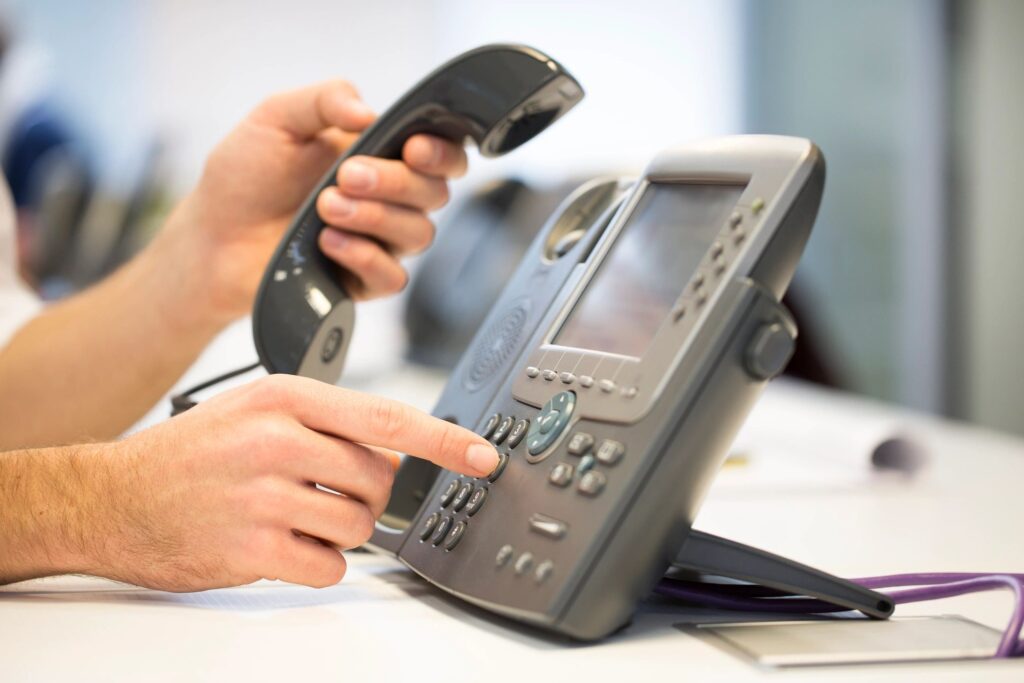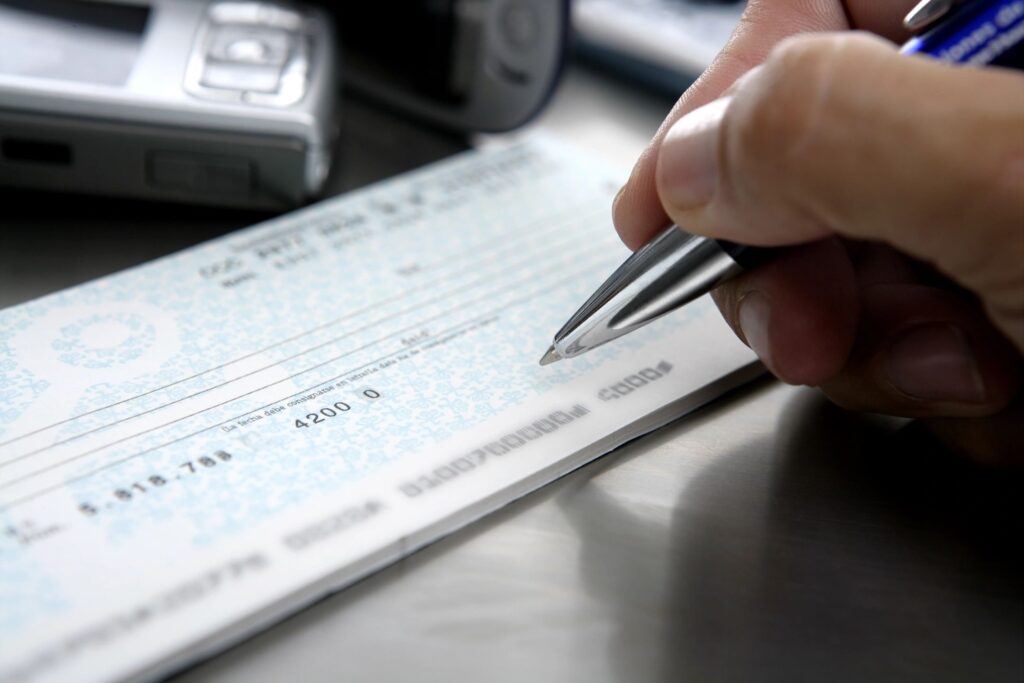The National Consumer League (NCL) is warning consumers of an expected rise in Coronavirus related scams. Scammers are looking to take advantage of fearful customers by offering fake products, spoof calls/emails, and more.
“When news captures the public’s attention – think major hurricanes, terrorist attacks, and economic slowdowns – scammers come out of the woodwork to take advantage of legitimate fears and concerns,” said NCL Executive Director Sally Greenberg. “With coronavirus dominating the news globally, there is an unprecedented opportunity for criminals to use the public’s fears about the virus and the resulting economic downturn to defraud consumers.”
The NCL is working to educate customers before they fall for one of these scams.

Coronavirus-related robocalls
Robocalls are, at the very least, a major annoyance for most consumers. However, as the coronavirus has upended daily life, robocall operators have quickly shifted to blasting out spam phone calls offering all manner of coronavirus-related products and services. YouMail, a cloud-based telecommunications provider that tracks robocall volumes, estimates that at least one million robocalls per day are inundating Americans’ cell phones. Fraudulent robocallers are offering air duct sanitation services, work-from-home opportunities, cut-rate health insurance, and immune-system boosting nutritional supplements. Other robocalls have reportedly offered free insulin kits to diabetics, along with free coronavirus testing kits.
“At best, consumers who respond to these calls are setting themselves up to lose money for a non-existent product or service,” said John Breyault, director of NCL’s Fraud.org campaign. “At worst, delaying needed emergency treatments on the belief that a fake coronavirus treatment will save your life could be deadly to you and those you come into contact with.”

NCL’s advice to consumers is simple:
- If you receive a call from a number you don’t recognize, the safest course of action is simply to ignore the call.
- If you answer a call and suspect it’s a robocall, simply hang up. Don’t press any of the numbers the message tells you to.
- Never give any personal information, such as financial account number, Social Security number, full name, or mailing address to someone who contacts you via an unsolicited phone call or text message.
- Do not click on any links sent to you via text message from someone you don’t know. They could lead you to malware or phishing websites.
- If you’re being inundated by robocalls, your cellular provider may offer services that will increase the likelihood that the calls will be blocked.
Stimulus check scams
Last week, President Trump signed the biggest stimulus bill in U.S. history into law. Most American adults will receive a stimulus of $1,200 or more in the coming weeks thanks to the legislation. Crooks are already using these promised payments as a way to defraud consumers. Scams that have been reported involve crooks promising to expedite payment in exchange for a fee, impersonating a government official, and requesting sensitive personal information in order to process a check. Inaccurate social media posts have also circulated suggesting that consumers need to fill out the 2020 Census before they can receive a stimulus check.
“Stimulus checks will help millions of American households weather the coming economic downturn,” said Breyault. “Unfortunately, the phrase ‘free money from the government’ is magic to scammers’ ears. Consumers should be on the lookout for fraudsters who will try to use the coming stimulus checks to steal their money.”
Consumers can protect themselves from these scams by learning to spot these red flags:
- The stimulus checks will be deposited automatically by direct deposit into consumers’ bank accounts for the vast majority of citizens who filed their taxes last year. Consumers without a bank account on record with the IRS will receive a paper check, but it may take several weeks longer to arrive than those who have bank accounts.
- Anyone who emails, texts, messages, or calls you claiming to be able to expedite your stimulus check is a scammer.
- Anyone who contacts you requesting sensitive information like PayPal account details, bank account information, or credit card numbers is trying to scam you.
- Your answers to the Census, and whether you’ve completed it, have no impact on your eligibility for a stimulus check.
NCL asks consumers to share their stories by filing a complaint at Fraud.org via its secure online complaint form. Complaints are shared with NCL’s network of nearly 200 law enforcement and consumer protection agency partners who can and do put fraudsters behind bars.

About the National Consumers League
The National Consumers League, founded in 1899, is America’s pioneering consumer organization. Our mission is to protect and promote social and economic justice for consumers and workers in the United States and abroad. For more information, visit www.nclnet.org.

